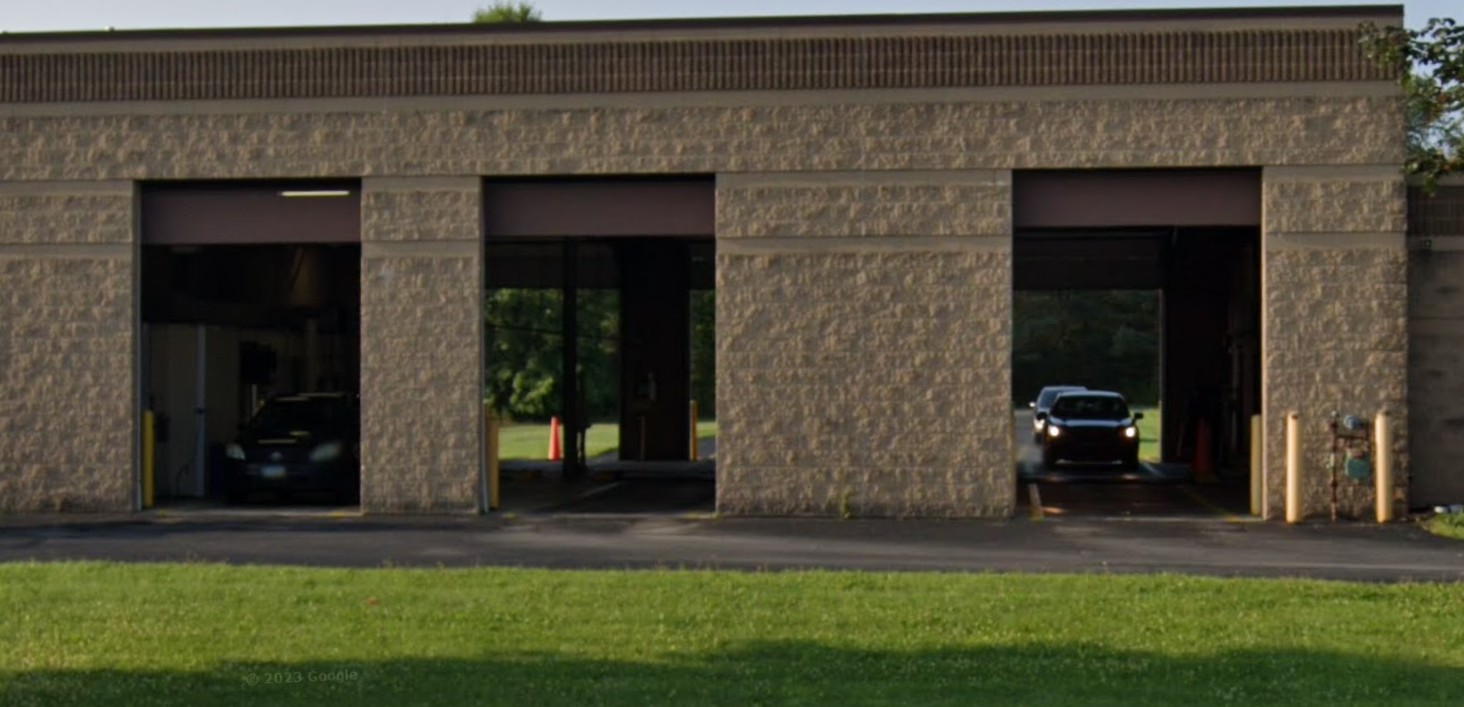Ohio lawmakers are proposing significant changes to the state’s E-Check program, which has been mandatory for Northeast Ohio residents since the 1990s. The latest transportation budget includes a proposal for an alternative system where drivers would be able to self-certify that their vehicles meet emission standards.
The E-Check program, which currently operates in seven Northeast Ohio counties including Cuyahoga, Geauga, Lake, Lorain, Medina, Portage and Summit, has been a point of contention for years. State Representative Bill Roemer, who leads a bipartisan coalition pushing to eliminate the program, claims the air in Cleveland is cleaner now than when the program began in 1996. “We have almost 2 million cars in the seven-county area and they get ‘E-Checked’ every other year, and for them to go get their E-Checks and sit in line, it wastes millions of hours of time of our constituents,” Roemer said.
The program currently costs Ohio between $12 million and $14 million annually. Lawmakers note that Northeast Ohio has made significant improvements in air quality, and today’s vehicles produce fewer emissions than when the program began.
Defenders of the program maintain that E-Check is “a vital part of Ohio’s comprehensive air quality plan” that “removes more than 74 tons of harmful vehicle emissions from the region’s air every single day.” They argue this helps improve air quality, protect public health, and support economic growth.
Despite previous unsuccessful attempts to end the program, the Ohio EPA recently indicated the state might face additional restrictions. In a letter to lawmakers, the agency stated, “U.S. EPA is likely to elevate its classification to ‘serious’ non-attainment, which will require additional restrictions along with the E-Check program, beginning as soon as 2024.”
Current E-Check services include:
- 23 Envirotest inspection stations with 75 test lanes in the Cleveland and Akron areas
- 21 self-service kiosks available 24/7
- Clean Screen remote sensing tests that can exempt vehicles identified as clean from their next scheduled test
According to recent updates from the Ohio EPA, all gasoline and diesel-fueled vehicles (including flexible fuel and hybrid vehicles without an electric plug-in port) that are 4-25 years old and under 10,000 pounds must be tested.
Residents waiting for registration renewal should note that vehicles can be tested up to 365 days prior to the registration renewal date, which allows plenty of time for any needed repairs.
For more information, residents can contact the E-Check program at 1-800-CAR-TEST (1-800-227-8378) Monday through Friday from 8 am to 6 pm and Saturdays from 8 am to 2 pm.









